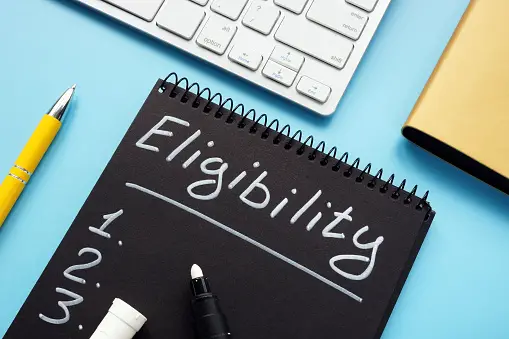Emergency Grant Money: Your In-Depth Guide to Aid in Times of Crisis.
Navigating the labyrinth of financial resources in times of crisis can be daunting. However, emergency grant money can serve as a lifeline, providing urgent, non-repayable financial aid to those who need it most.
In this in-depth guide, we’ll explore the top 10-20 sources of emergency grant money, offering practical examples to illuminate the process.
1. Federal Emergency Management Agency (FEMA): FEMA offers disaster relief grants for individuals and businesses affected by natural disasters. For example, after Hurricane Katrina, FEMA provided billions in emergency grant money to help survivors rebuild their lives. The application process involves registering with FEMA online, by phone, or in person.
2. Small Business Administration (SBA): SBA offers emergency grant money for businesses impacted by unforeseen circumstances. The EIDL Advance grant, for instance, provided up to $10,000 of emergency grant money to businesses affected by COVID-19. Applying involves filling out an application on the SBA’s website.
3. Red Cross: This international organization provides disaster relief grants to people affected by emergencies. For instance, after a house fire, the Red Cross might offer emergency financial aid to help the family secure temporary housing. Application usually occurs onsite at a Red Cross disaster response location.
4. Community Foundations: Local community foundations often offer emergency grants to individuals and organizations facing financial hardship. The Greater Kansas City Community Foundation, for example, offers a Rapid Response Grant to assist nonprofits. The application process generally involves an online form.
5. Department of Health and Human Services (HHS): HHS provides numerous emergency grants for healthcare and other necessities. For instance, the Low Income Home Energy Assistance Program (LIHEAP) helps keep families safe and healthy through initiatives that assist with energy costs. Application is typically through the state or local LIHEAP office.
6. United Way Worldwide: Through its local branches, United Way offers emergency financial aid to individuals and families in crisis. Their COVID-19 Community Response and Recovery Fund is one such example. Applications can be made through the local United Way office.
7. Emergency Educational Grants: Many educational institutions and foundations offer emergency grants to students facing unexpected financial hardship. For instance, The Scholarship Foundation’s Interest-Free Loan program provides emergency educational grants to students. Application is generally through the educational institution’s financial aid office.
8. Salvation Army: Known for its disaster relief efforts, the Salvation Army provides emergency grants for food, shelter, and other immediate needs. For example, in the wake of a natural disaster, they may provide financial aid for temporary housing and basic necessities. The application process typically occurs onsite at a Salvation Army disaster response location.
9. Department of Housing and Urban Development (HUD): HUD provides emergency grant money for housing assistance. For instance, the Emergency Solutions Grants program offers funds to assist individuals and families in quickly regaining stability in permanent housing. Applications are usually submitted through local government agencies.
10. Modest Needs Foundation: This nonprofit offers Self-Sufficiency Grants to help individuals and families facing an unexpected emergency expense. For example, they might help cover the cost of car repairs for a family whose vehicle is their only transportation to work. Application is done online through their website.
Other sources of emergency grant money include local non-profit organizations, religious institutions, and specialized funds such as the Artist’s Fellowship, which helps professional visual artists during times of emergency, and the RERF (Restaurant Employee Relief Fund) for restaurant industry workers facing hardship.
In summary, emergency grant money is a vital resource for those facing crisis. It’s important to note that each grant comes with its own eligibility criteria and application process, so be sure to research thoroughly and apply for all relevant opportunities. Through these funds, immediate relief is possible, allowing individuals, families, and businesses to weather the storm of their financial




